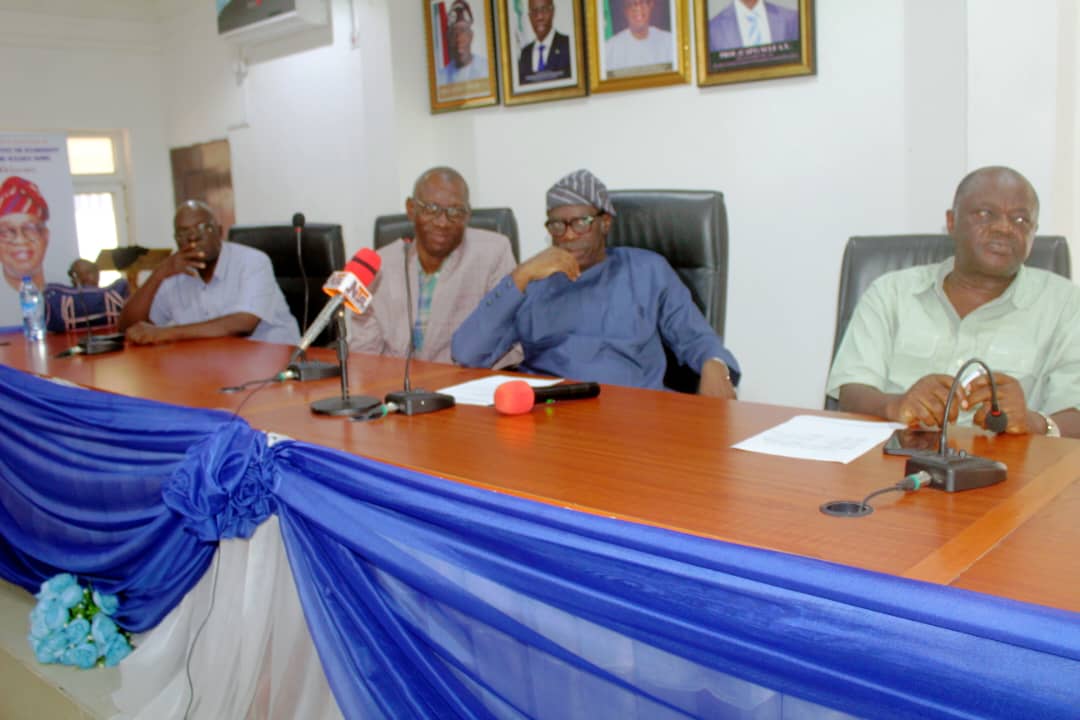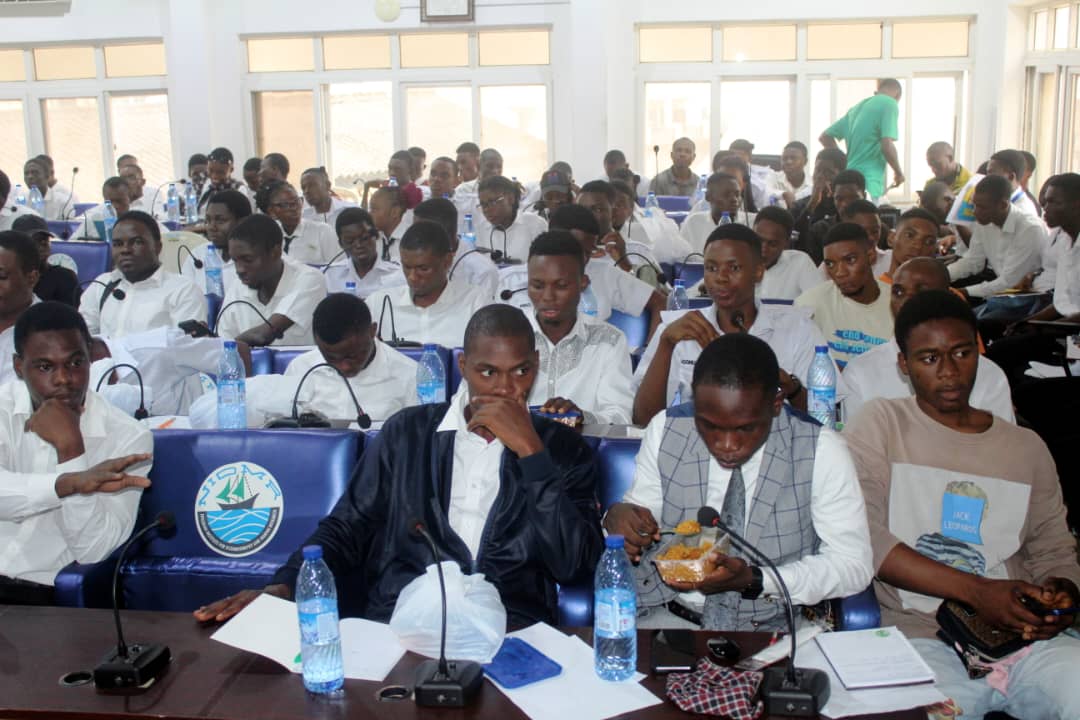
In a significant move to boost Nigeria’s maritime sector and conserve foreign exchange, the Federal Ministry of Marine and Blue Economy through the Nigerian Institute for Oceanography and Marine Research (NIOMR) has sponsored 120 cadets for a mandatory training.
The three-day training programme in Lagos aims to equip cadets with the skills and certifications necessary for a successful career at sea.
Speaking during the flag-off of the training at the Institute in Lagos, the Executive Director and Chief Executive Officer of NIOMR, Professor Abiodun Sule, highlighted the comprehensive nature of the programme, which includes mandatory trainings in accordance with IMO/SOLAS, STCW, and FAO food security standards.
By conducting this training domestically, Prof Sule stressed that Nigeria is saving substantial foreign exchange that was previously spent on training cadets abroad, particularly in Ghana. According to him, the cost of training in Ghana, including tuition, flights, accommodation, and feeding, exceeds $300 to $400 per cadet. Also, the local training offers specialized courses in fishing techniques and cargo work not available in Ghana.
Prof Sule informed that the programme is set to benefit 120 graduates on essential training areas such as marine fire-fighting, marine first aid, personal social security responsibility, survival at sea, and ship security certification. Additionally, he said it will also expose the student to merchant ships’ cargo work, fishing methods and procedures, which are crucial for employment and specialization in the maritime industry.
“This training aims at reducing accidents at sea and knowing what to do in case it happens. It also entails safety, which is freedom from danger,” he explained. The courses, based on SOLAS 74 as amended, ISPS, and STCW conventions, are prerequisites for obtaining Certificates of Competency.

“Our people were going to Ghana when we had so many master mariners and chief engineers who could train them here. Now, we are saving a lot of money in terms of foreign exchange,” Prof. Sule noted.
Also speaking, the Managing Director of Mantral Maritime Training Centre, Captain Ade Olopoeina explained that the number of mandatory courses for seafarers has increased from four to five. This change, he noted, stems from the tragic events in 2001 when the Twin Towers in New York were attacked. In response to the heightened global security concerns, the International Maritime Organization (IMO) introduced the International Ship and Port Facility Security (ISPS) Code.
Captain Olopoeina highlighted that this training not only focuses on preventing security breaches but also equips seafarers with the knowledge and skills to respond effectively to security threats. The inclusion of security awareness training aims to enhance the overall safety and security of maritime operations, protecting both personnel and cargo.
“Initially, everyone was only concerned with safety, but now the element of security has come into place on board ships in our ports and at sea. That is why the fifth one, which is security awareness, was added to the mandatory courses” Olopoeina said.
On his part, a senior lecturer at the Federal College of Fisheries and Marine Technology (FCFMT); Dr. Fola Ojutalayo noted that the training programme emerged from an extensive evaluation of the needs and obstacles faced by the college’s cadets adding that many cadets who graduated from the institution encountered difficulties in securing on-board placements due to a lack of necessary certifications.
Ojutalayo informed that the first edition of the training sponsored about 100 cadets through the Board of Trustees of the College’s Alumni Association on behalf of the entire association early last year. He said this year’s training programme holds particular significance due to the sponsorship provided by the Federal Government of Nigeria, under the leadership of the President and the Ministry of Marine and Blue Economy.
Also speaking, president of the Nigerian Association of Master Mariners (NAMM), Captain Tajudeen Alao stressed on the critical importance of mandatory training for all individuals going to sea. He outlined the changes in maritime conventions and the necessity of comprehensive training for seafarers.
Captain Alao however praised the organization’s efforts to make this training accessible to all cadets, especially those from less privileged backgrounds. “The students have been given that opportunity, especially those who cannot afford it. We have already solved a big obstacle for them. Now, after the training, if they have the opportunity and connection, they can go on board.” he said.















